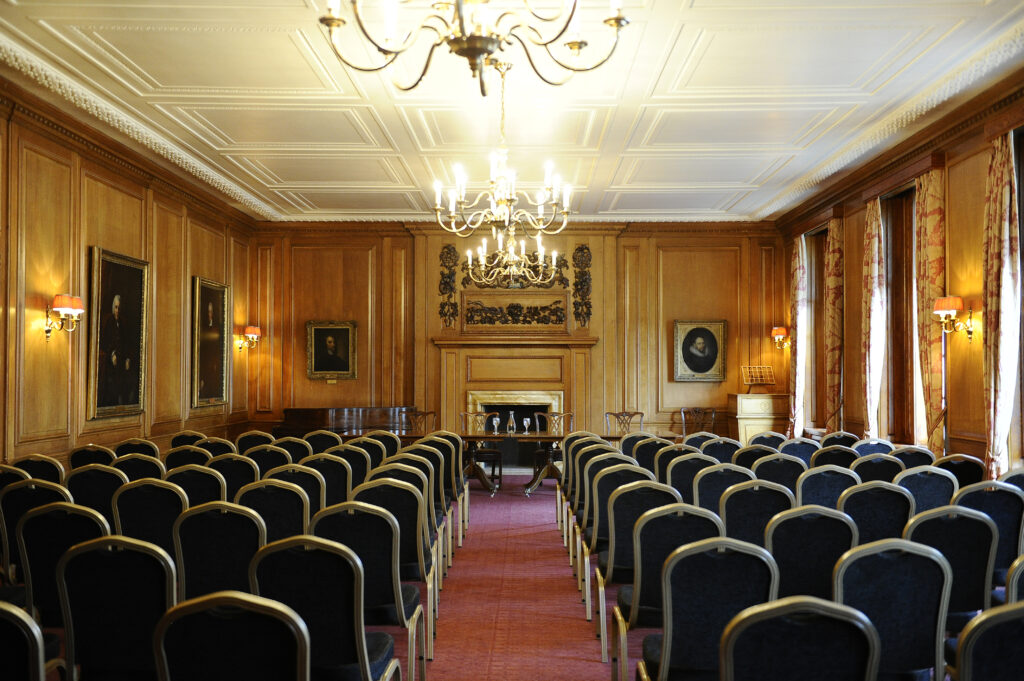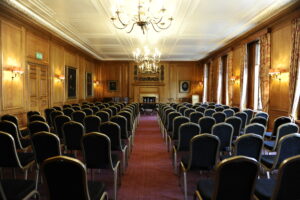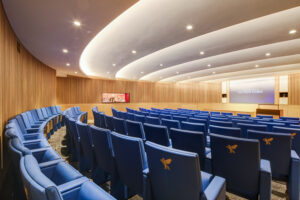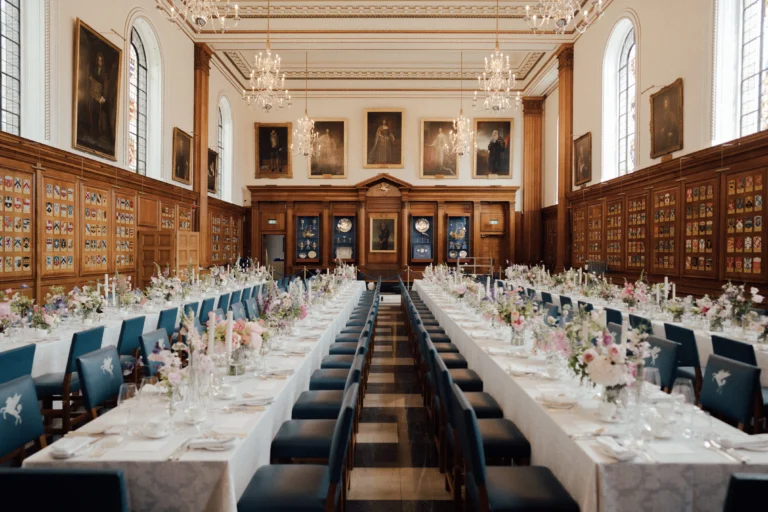
8 Essential Tips to Plan a Large-scale Conference
Planning a large-scale professional conference comes with its own set of challenges, with numerous moving parts, an attendee list of VIPS and many a deadline, we know it can be a daunting task. So, where to begin? We have collated a must-have list of elements to consider that will help you to navigate the process from conception to delivery.
1. Summarise your goals and objectives
What is the purpose of your upcoming event and how do you want your attendees to be impacted? Clearly outlining the ‘Why’ will aid you in creating the ‘How’. It is important to determine your expectations and how you intend to accomplish them. This will also help you to determine the components you deem vital and those that won’t add value. Using the SMART model (Specific, Measurable, Achievable, Relevant and Timebound) will help you to summarise your goals clearly.
2. Develop a budget
Knowing the budget you have available will help you to understand what event you can produce. Once you have your figure it is important to know where to allocate your resources, by conducting supplier research you will be able to determine where your money is best placed. Think venue, technology, theming, entertainment, branding and don’t be sparing with food and beverages, though this might not seem as important as your other creative ideas, it is a memorable part of any event – whether it be a corporate affair or a private party – your attendees will always remember the food!

3. Choose your theme and format
Your conference doesn’t need to require a theme, but it can aid in a creating a cohesive experience for your guests. The theme could be a simple colour scheme, something more seasonal or related to a popular or industry trend.
The format of your conference will shape the day(s) and will really guide you when choosing an event venue. Will it be in person, virtual or hybrid? How many sessions will you offer and what space will they require? Do you need any specific audio-visual equipment? How many days will the event be across? Will your guests have a chance to network? How many attendees do you expect? Set out a clear agenda for the conference day(s) to narrow down the venue finding process.

4. Pick an appropriate venue and location
Once you have your event format, your venue search will be an infinitely easier task. Finding a venue should be your number one priority and working with your ideal venue to select an available date will be the easiest way to go, not the other way around. Keep our previous tips in the forefront of your mind, is the venue within budget? Does the venue work with your agenda and format? An additional advantage would be if your chosen venue not only aligns effectively with your objectives but also serves as a catalyst for their fulfilment.
When booking a venue, also consider restrictions, fees, accessibility, the customer journey, cloakroom facilities, transport links, onsite parking and nearby accommodation.

5. Lock down a date
When picking a date, make sure to avoid holidays, local festivals and sporting events. The most popular conferencing days of the week are typically Tuesday, Wednesday and Thursday so you’ll want to be aware of this unless you have something specific in mind.
6. Communicate!
Now that your venue and date is locked in, the real planning can begin! Communication will ensure not only that the event runs smooth, but that the planning does too. Try to book your suppliers, or specialists of any kind, with as much time as possible and continue to communicate with them along the way, being sure to update them with any changes. This will prevent anyone being out of the loop, and any additional costs that may come as a result.
7. Select a suitable speaker
Whether it’s a known industry professional or an individual that falls a little outside of the box, a keynote speaker or Q&A session can significantly impact the success and overall impression of an event. Selecting a suitable speaker is crucial as they bring expertise, engagement, credibility and will greatly assist in shaping the overall experience for your attendees. Their ability to connect with the audience and deliver content effectively can contribute substantially to the event’s goals and objectives.
Finding a speaker to match your requirements can be done via a referral, a booking agency, looking at TED talks on related subjects or by exploring associations or organisations in your specific field.
8. Ask for feedback
You’ve now planned a successful conference! But before you move onto the next, make sure you send your attendees a survey so they can provide their feedback. There will always be room for improvement so taking on board constructive feedback will help you generate new ideas and will allow the conference to evolve for years to come.

The Inner Temple is a versatile venue with conference spaces for up to 270 guests. To explore how our spaces will work for your upcoming event, contact our team today on 020 7797 8230 or email us venuehire@innertemple.org.uk.
We wish you a successful conference season!

